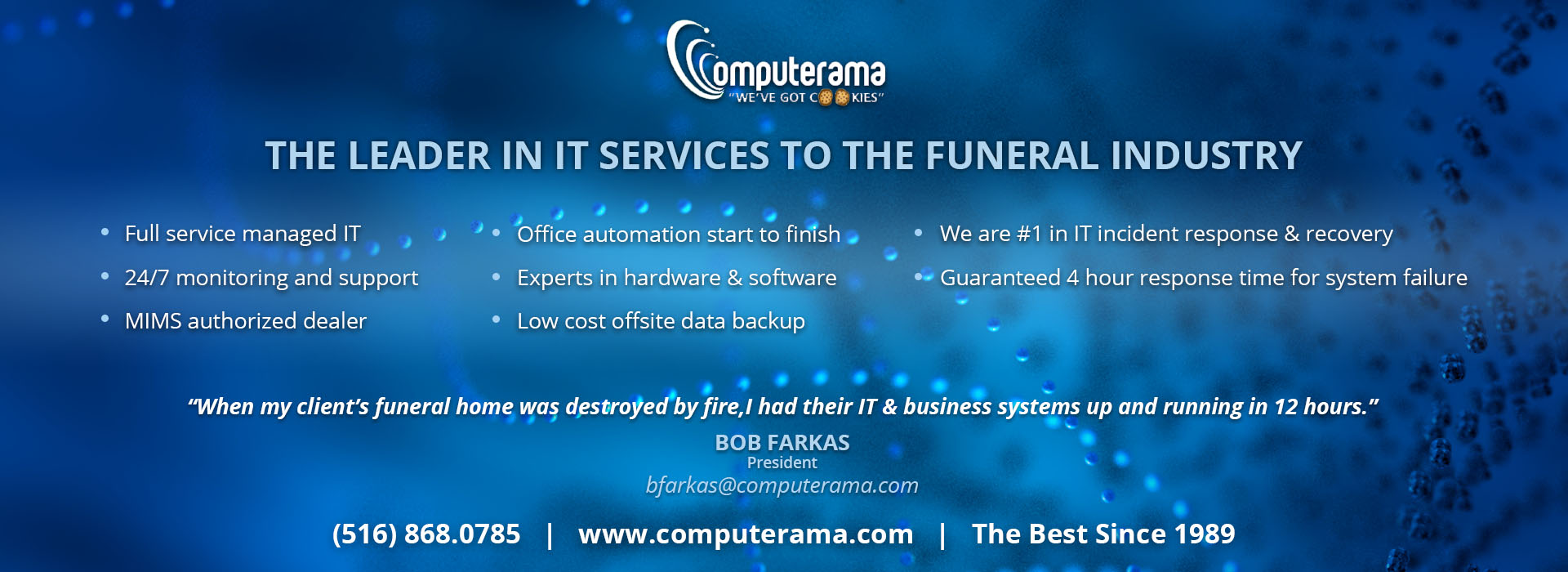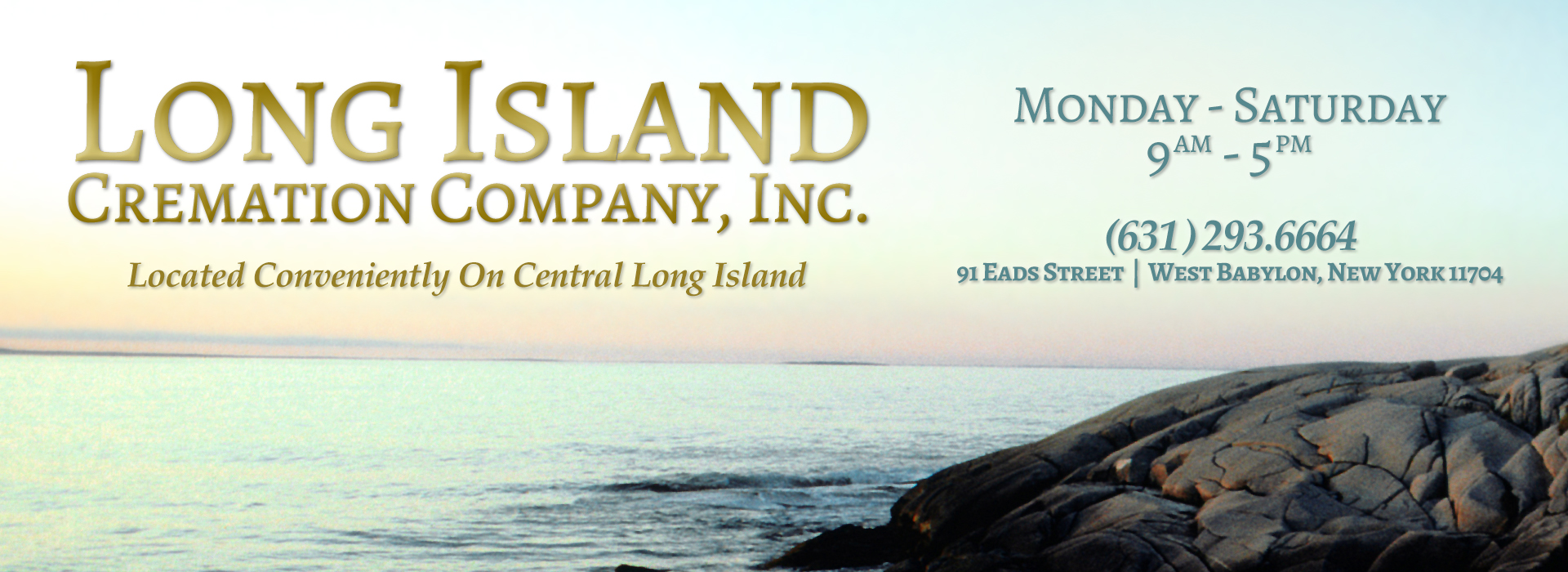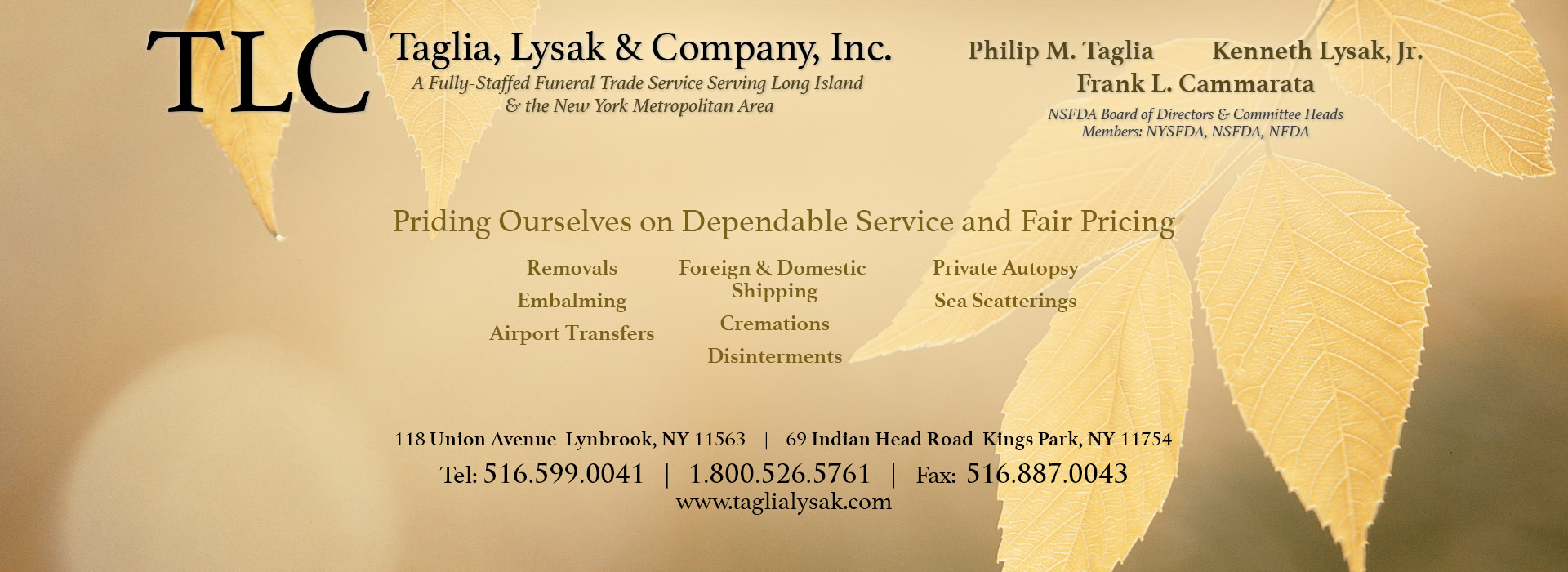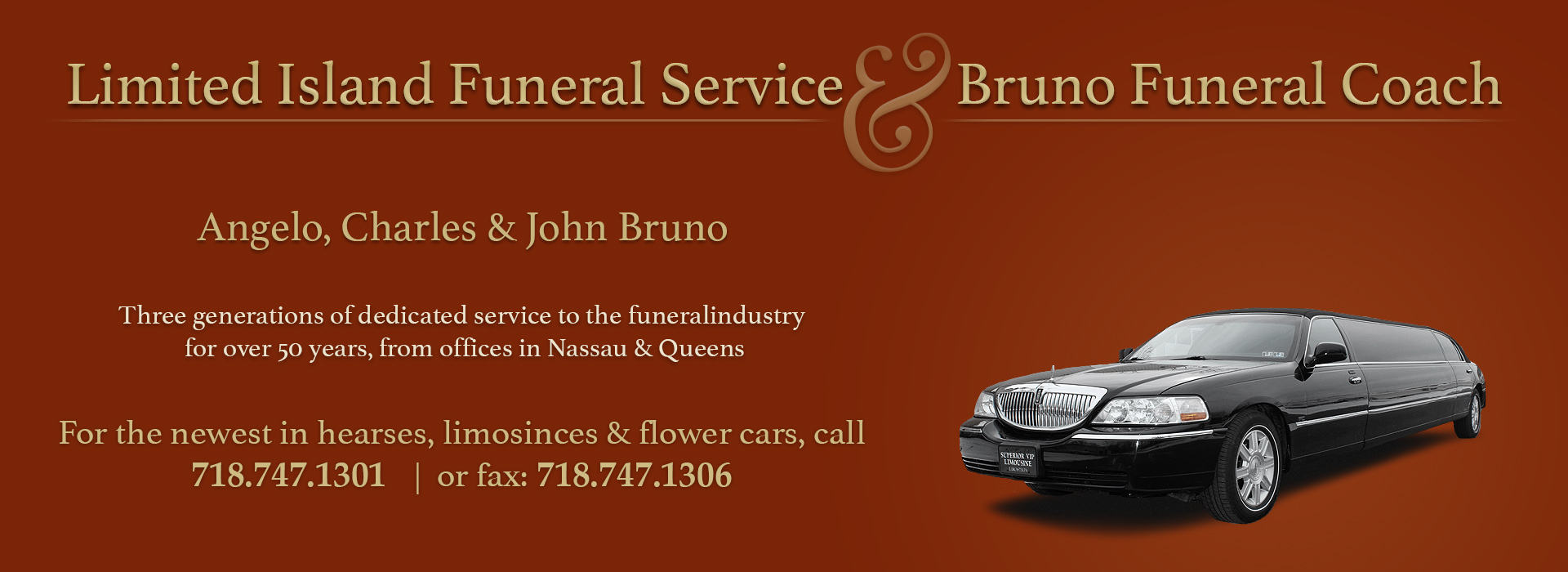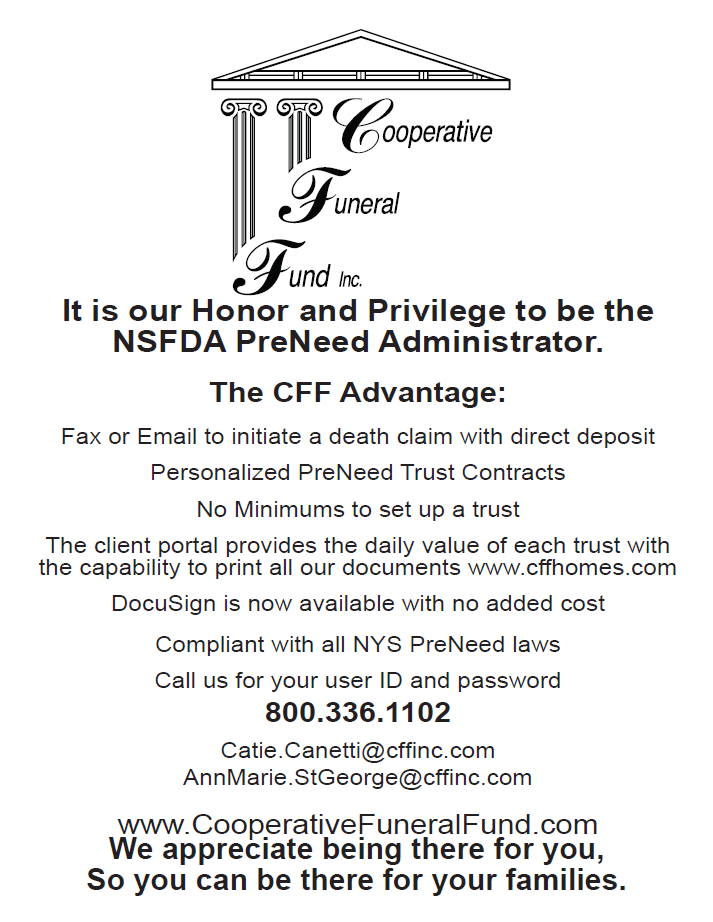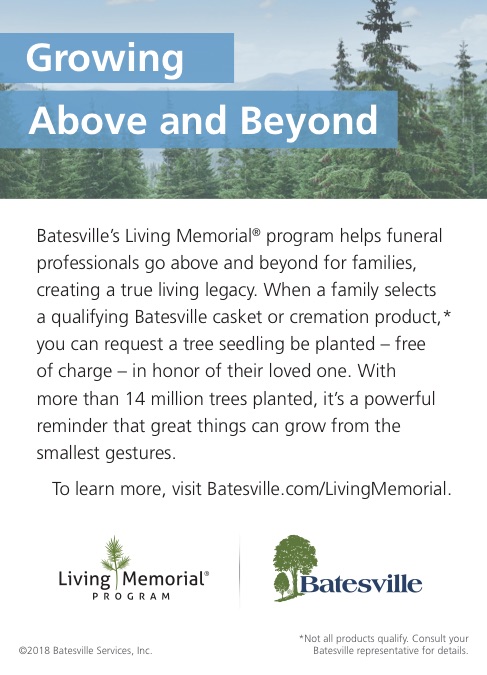by Michael Miller, LCSW-R, ACSW
Michael Miller has been a professional leader in both the Long Island region’s bereavement counseling and in disaster relief work for over 25 years. He maintains a private practice in Merrick, New York devoted to both grief work and to general psychotherapy. He can be contacted by telephoning 516-867-7552
As funeral directors, you are at the front line, listening, guiding, and supporting mourners as they begin the first hours, days and weeks of negotiating the new landscape of their lives. Although, in this early time frame, it is ill-conceived to forecast a mourner’s eventual ability to accommodate to their loss from any initial presentation, what follows are some indicators and guideposts for helping you to determine when mourners may benefit from the assistance of
a grief professional.
Under the best of circumstances, the death of a loved one is one of life’s most difficult transitions. Yet, it is not just a period of pain or crisis. It is often also a window of opportunity for spiritual and emotional growth. Grief demands of mourners that they not only learn to live with a loss, but that they also learn to maintain integrity with the values, the sense of eaning and the experiences they have shared with their loved one in a new way, by carrying the relationship with their loved one forward within themselves.
People grieve uniquely in their own way, as differently as fingerprints. As individuals, they grieve as a function of who they have been prior to their loss. This makes it critical for any recovery from a loss to have some understanding of :
- the mourner’s whole person and history
- the nature and meaning that the relationship with the deceased holds for the mourner
- the particular challenges and changes to character and circumstances posed first by the primary physical loss of a loved one
- and then by all of the attendant secondary losses of how a mourner had lived in the world prior to their loss.
While the grief process is an expectable response to loss, time alone and even the expression of feelings alone are not, by themselves, what help a person heal from the death of a loved one. Recovery and the establishment of a “new normal” require much more time and work than is commonly assumed.
The “grief work” that is involved in recovery requires mourners to actively enter, rather than avoid, their grief in two important ways. The first task of grief work is in practicing re-entry into feeling and memory, so that by dosed exposure, both become more accessible once again, with less pain and with more warmth. A second and simultaneous task is in developing ways to cope with the tides of one’s grief reactions and experiences by learning personal and social coping strategies that will help to insulate, to stabilize, to structure manageable goals
and to restore one’s energy.
Even when grief occurs under more normative circumstances, grief counseling can help a mourner to understand and validate their experiences, to reconcile and adjust to the reality of the death, and to understand common obstacles and how to deal with them.
Grief can also become complicated by depressed or anxious mood, by extreme states of feeling and behaviors, by major depression, by substance abuse, by post-traumatic stress disorder and by physical illness. This often occurs when mourners have difficulty with identifying and resolving the conflicts of separation that can interfere with their ability to fully mourn a loss.
Typically, in complicated mourning, a person remains fixed in the early or middle phases of grief work. Both the assessment of whether a mourner is undergoing a normative or a complicated course of grief and the treatment of complicated grief require the help of a grief therapist over time. Certain circumstances, however, tend to make mourners more susceptible toward complicated mourning. Mourners who have experienced:
- sudden, unexpected deaths, especially when under traumatic circumstances, and even in the context of a chronic illness that takes a sudden downturn
- death of a loved one from an overly lengthy illness
- loss of a child
- a prior relationship with the deceased marked by anger, conflicted feelings or by extreme dependency
- prior or current additional liabilities, such as earlier unresolved losses or stresses, simultaneous multiple losses, or other mental health difficulties
- a perceived lack of social recognition and support
are particularly “at risk” for developing complicated mourning.
Ask the mourners with whom you are meeting if any of the following statements resemble their experience. If they see themselves in any of these statements, it may be helpful to seek out the guidance of a grief professional :
- I am always irritable, annoyed, impatient or angry.
- I have chronic feelings of numbness or emptiness.
- I feel distant from my feelings and from others.
- I feel I have no one to talk to who can understand.
- Since my loved one died, I am very anxious most of the time about my own possible death or the death of others that I love.
- Worry is interfering with my relationships, my concentration or living as I would like to.
- I am afraid of being close to people for fear of losing someone I value again.
- I am usually restless and agitated. I need to be constantly busy, well beyond the level of activity I was used to before my loved one died.
- I find myself acting in ways that might prove harmful to me over time.
For example, I am:
- drinking and/or smoking more than I used to, or using more prescription or non-prescription drugs
- engaging in unsafe/unwise sexual activity
- driving in an unsafe/reckless manner
- entertaining serious thoughts about self- harm.
- I am taking on so much responsibility for others around me that I am angry and burdened by it.
- My grief reaction seems limited. I am experiencing only a few, if any, of the emotions that usually come with grief.
- I seem to be unable to express/avoid expressing any thoughts or feelings about my loss.
- I avoid contact with anything that reminds me of either my loved one or their death.
- I can only feel guilty or only feel angry when I recall things.
- I wonder if my responses are normal or “crazy”.
- I am having physical symptoms which don’t seem to be the result of a physical problem, such as:
- chronic loss of sleep
- loss of appetite/overeating,
- rapid, marked weight loss/gain
- recurring: viral illness, headaches, stomach ache and/or respiratory problems
- I’m having trouble with actively making changes and new choices. I feel “stuck”.

